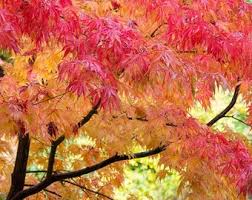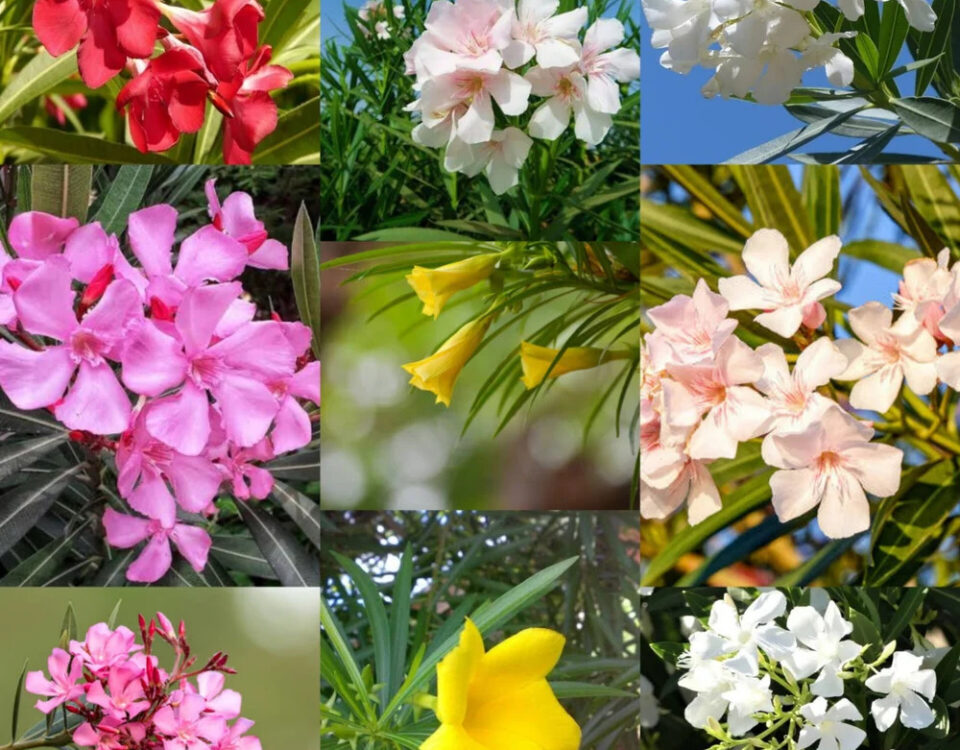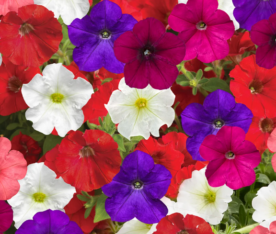Gardening with the future in mind is something we should all aim for. It doesn’t have to be overwhelming or require drastic changes right away. Even small steps can make a significant difference in protecting ecosystems, conserving resources, and reducing waste.
You might not be able to grow everything you eat, but you can cut down your reliance on store-bought produce to a degree. By adopting a few eco-friendly habits, you’re not only making your garden thrive, but also doing your bit for the planet. Start with just one thing and see where it takes you.
- The Secret is in the Soil
Have you ever heard the phrase, “healthy soil, healthy plants”? It highlights how important good soil is to your garden’s health.
Healthy soil supplies essential nutrients, retains moisture, supports strong root growth, and fosters beneficial microbial activity. All this helps make plants more resilient and less susceptible to attacks from pests and diseases, reducing reliance on chemicals.
Organic matter is your best friend for boosting your soil’s health. Add layers of well-rotted manure, compost, or leaf mold to the soil surface, letting them break down naturally to improve structure and moisture retention.
When feeding plants, go for slow-release organic fertilizers, which feed both your plants and the soil, and use organic mulches like straw or bark that break down to add more goodness back to the soil.
CocoWing Tip: Enhance your soil’s health and plant growth with CocoWing’s Talking Soil. This unique blend of nutrients provides a balanced diet for your plants, supporting robust root systems and maximizing plant vigor.
- From Little Things, Big Things Grow
Growing your own food at home is more than just a rewarding hobby. Cultivating your own crops cuts down your reliance on store-bought produce and reduces the carbon footprint tied to packaging and transport.
While growing everything you eat may not be completely realistic, even small harvests of herbs, vegetables, and fruits can make a big difference. You don’t need a huge backyard either – pots and troughs are ideal for courtyards and balconies.
- Hydration Hacks
Some plants are thirstier than others. Choosing native species or those suited to your climate means less time spent watering, and your garden will be better equipped to handle local conditions. Such plants are more likely to bounce back even during drought or water restrictions. From ground covers, shrubs, and hedges to flowering trees, there are natives to suit every space. Plus, including native species encourages local wildlife to shelter and feed in your garden.
Installing irrigation, particularly with a timer or automated system, can also help optimize water usage and reduce waste, ensuring your plants stay hydrated without overdoing it.
- Waste Not, Want Not
Composting is one of the best ways to divert home and garden waste from landfills while creating nutrient-rich material that benefits your plants and improves soil health.
This process transforms organic waste into a valuable soil amendment, enhancing soil fertility and structure.
There are various ways to compost, including traditional bins, tumblers, worm farms, or even simple piles in your garden.
Regardless of what you choose, the goal is to turn organic waste into a rich (and free!) resource for your garden.
By incorporating these eco-friendly practices and utilizing beneficial products like CocoWing’s Talking Soil, you can create a thriving garden that supports both your family and the environment.





